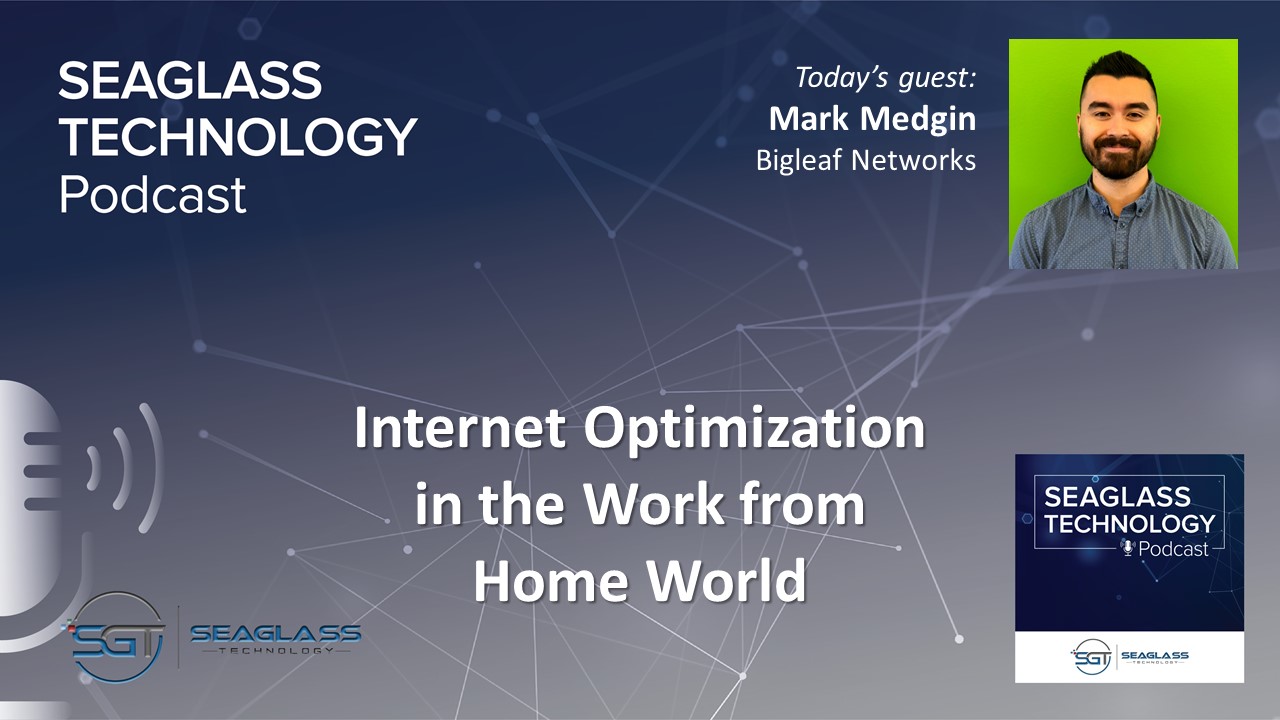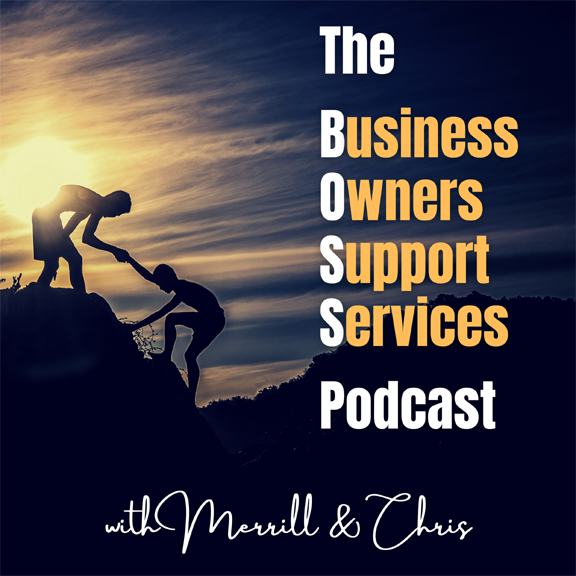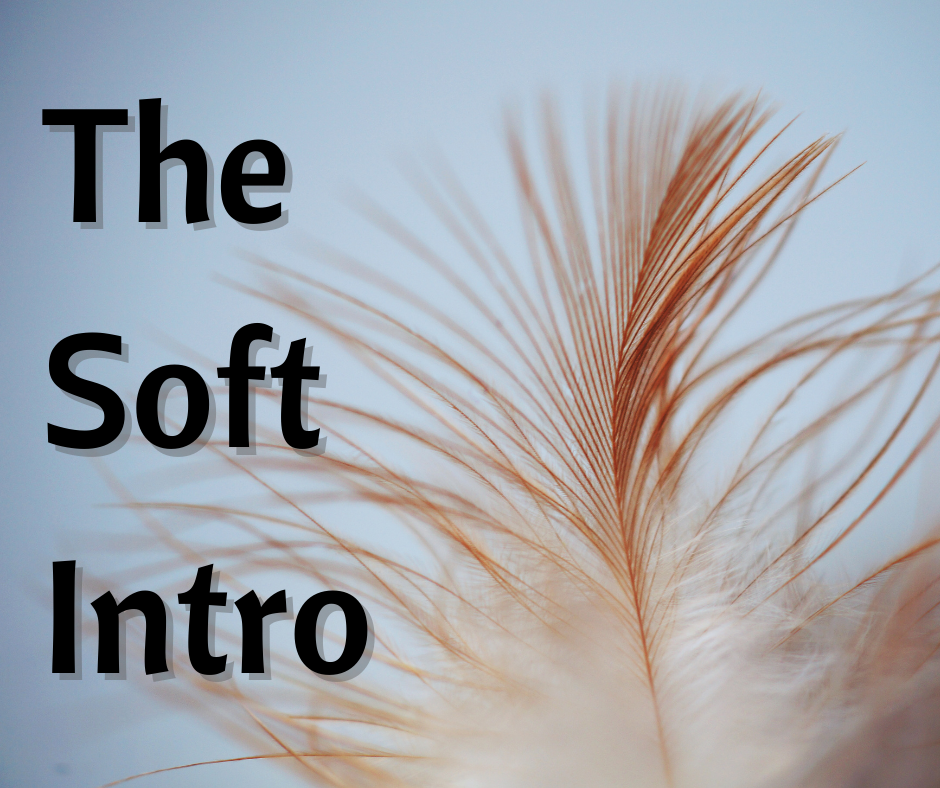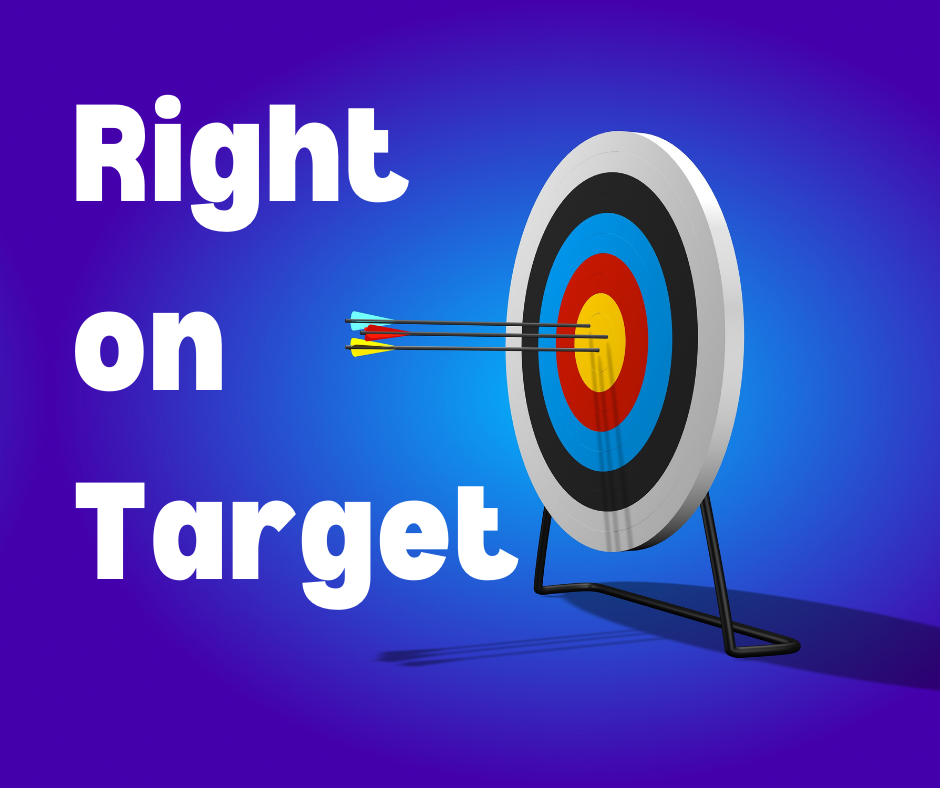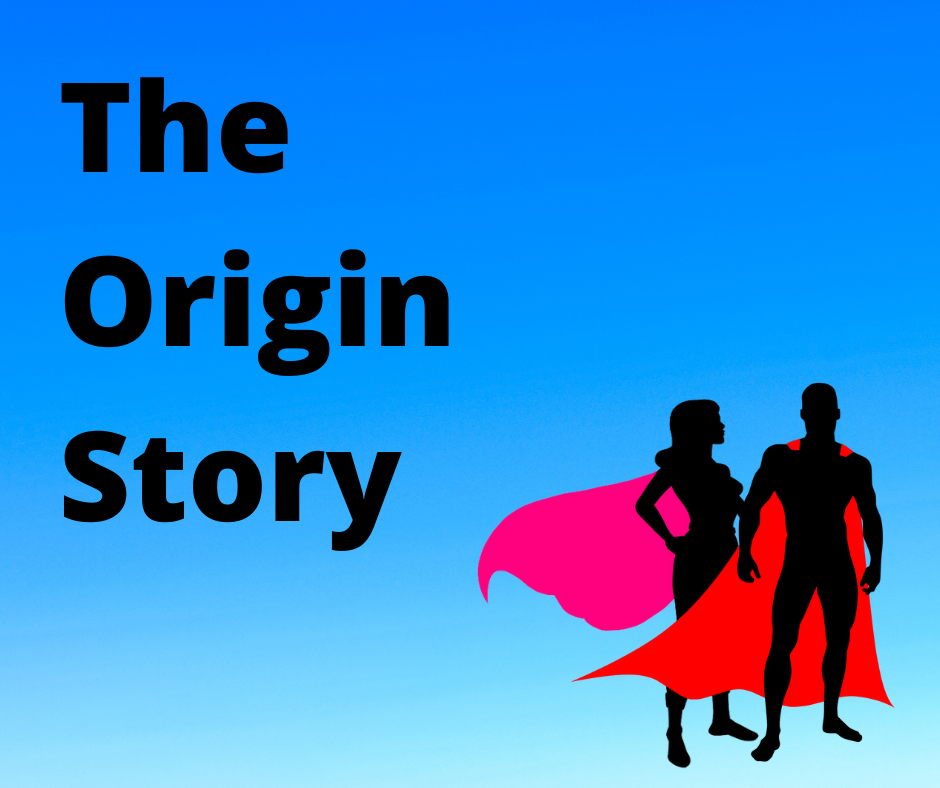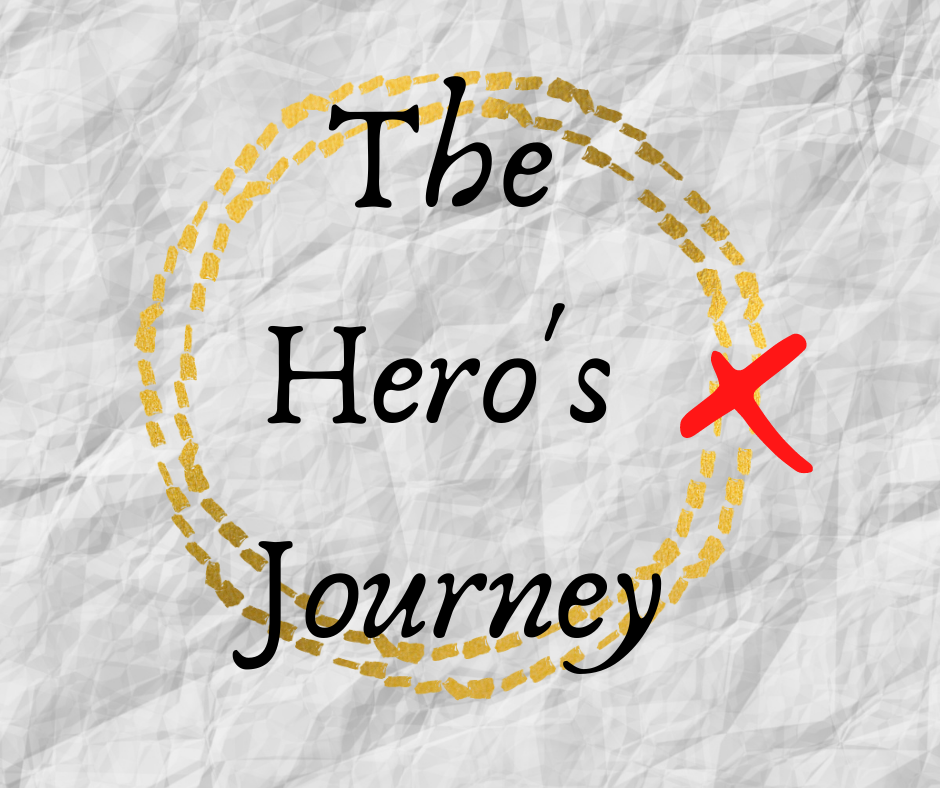When your workforce suddenly had to move to a “working from home” model, you know many of the hassles it caused. One of the big ones was the quality of the employee’s home internet connections. Your employee is on a Zoom call with a client, their spouse is also working from home, and the kids are taking classes online. And you know that in the middle of an important video conference call, someone was going to start binging Netflix.
In this episode of the SeaGlass Technology Podcast, we talked with Mark Medgin of Bigleaf Networks. We discussed how the slow migration away from on-site application servers to Software as a Service (SaaS) increased dramatically as a result of the pandemic, and the strain that placed on home internet set-ups. We also spoke about what technology is available to be able to prioritize certain programs like VOIP over others that need less bandwidth.

